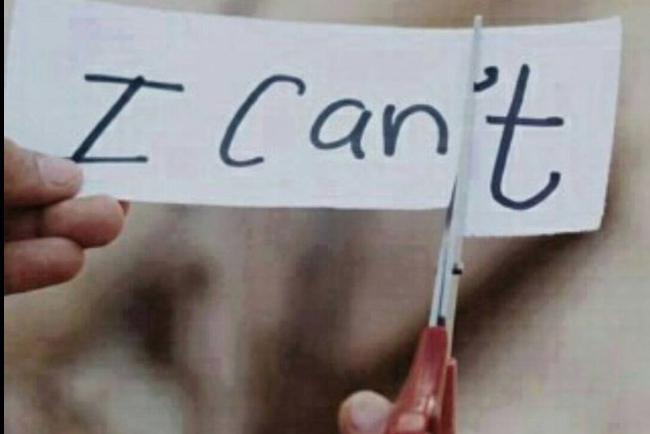
January 31, 2015
 User @CoolcatWon/Twitter
User @CoolcatWon/Twitter
According the the Kaiser Family Foundation, only about 51% of America's mental health need is met.
As Vox reports, however, a recent Gallup poll revealed an important relationship between depression and economic issues such as unemployment and poverty. Roughly one out of five people who experienced unemployment for a year or longer report that they currently have or are receiving treatment for depression.
"It is deeply, deeply traumatic for people to lose jobs, like it is for them to lose their homes," says Schroeder Stribling, executive director at N Street Village, a service provider to homeless and low-income women in Washington, DC. "It gets to the core of the sense of who you are and your worth and dignity and can take a serious bite out of it. And if it's prolonged, it has kind of a cumulative effect."
These facets of mental health are only compounded by the economic consequences of joblessness (loss of health insurance, income, housing, etc.) which can lead to a potentially vicious cycle and the development of chronic issues. As they worsen, such problems run the risk of interfering with successful job search efforts.
"Work is a very, very important part of recovery for people," says Ron Homberg, director of policy and legal affairs at the National Alliance on Mental Illness. "When you ask someone with a serious mental illness what would be important for them, work is right at the top of the list."